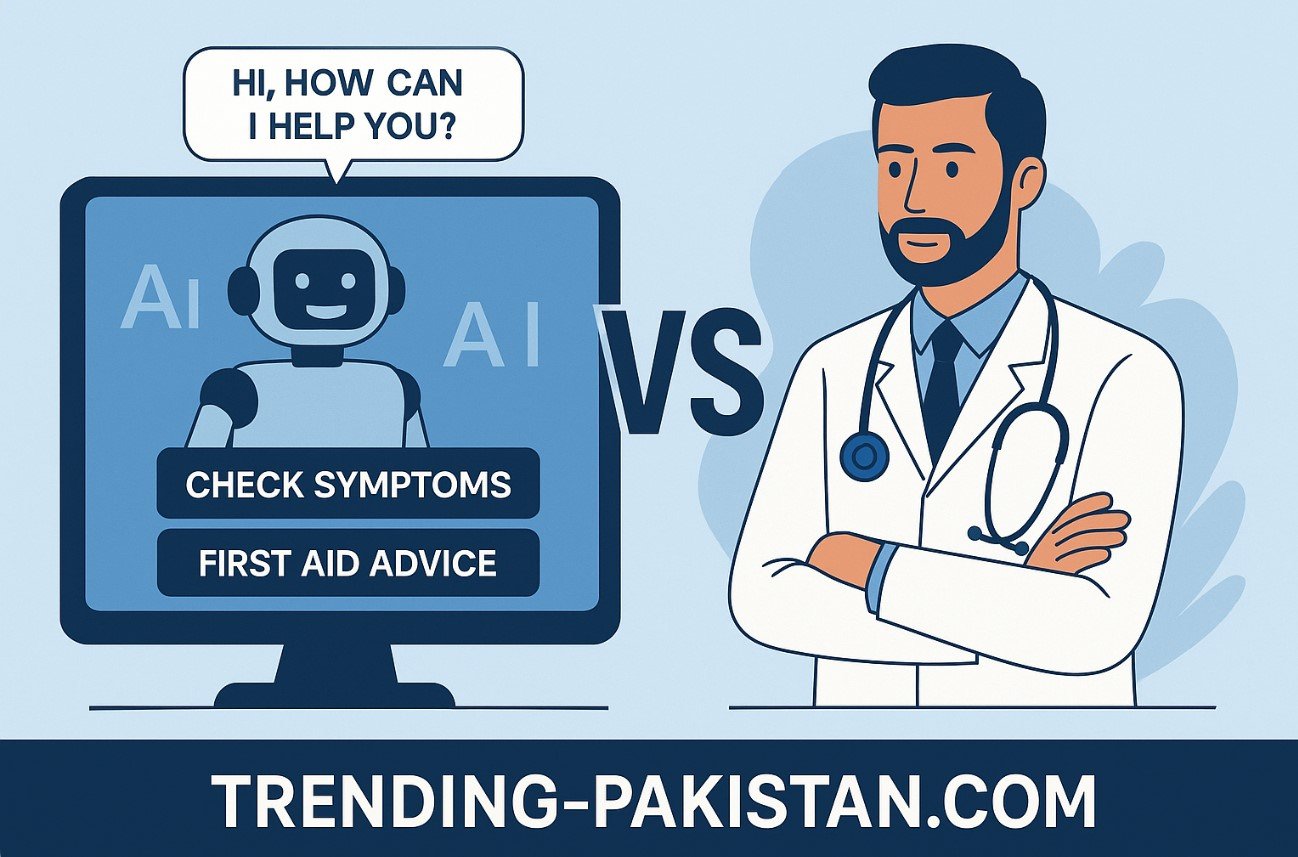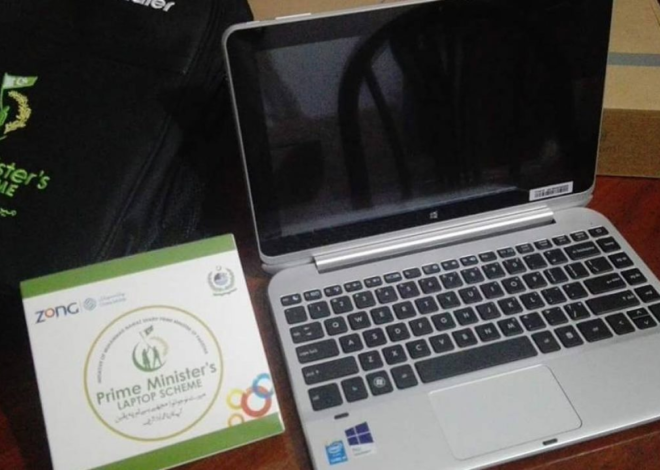
AI for Healthcare in Pakistan: Can Chatbots Replace Doctors for First Aid?
Pakistan’s healthcare system has long struggled with access and affordability. In rural regions, doctor shortages are common; in urban hospitals, patient lines can stretch for hours. Into this gap, AI-powered chatbots are stepping in — promising instant medical advice and digital first aid.
But a question looms:
Can AI truly replace doctors for first aid, or is it a shortcut that risks lives?
How AI Chatbots Are Being Used in Pakistan
AI is quietly making its way into Pakistan’s medical ecosystem — from hospitals experimenting with triage tools to startups creating health apps for the general public.
1. Basic First Aid Guidance
Apps are being developed to walk users through common emergencies — such as treating burns, stopping bleeding, or responding to high fever.
These tools act as digital first responders, offering immediate steps before help arrives.
2. Symptom Checkers
Platforms allow patients to enter symptoms and receive possible causes or next steps — for instance, “headache + nausea” might suggest dehydration or migraine, followed by a recommendation to consult a doctor.
3. Mental Health Support
AI chatbots are becoming anonymous counselors for users dealing with anxiety, stress, or depression.
Startups like Roshan Health and Sehat Kahani are exploring safe, moderated chatbot integrations for emotional support.
4. Telemedicine Integration
Some apps connect chatbot results directly to licensed doctors via video call.
This bridges the gap between AI guidance and human expertise, ensuring users don’t rely solely on automated answers.
Benefits of AI in Healthcare
The promise of AI healthcare tools in Pakistan lies in their speed, scale, and inclusivity.
Accessibility
AI chatbots are available 24/7, even in areas without medical staff.
For patients far from clinics, this can be the difference between timely help and tragedy.
Affordability
AI consultations are often free or cost a fraction of traditional visits, making them accessible to low-income users.
Language Inclusivity
With Urdu and Roman Urdu interfaces, chatbots remove language barriers that often prevent rural populations from seeking help.
Reduced Doctor Workload
By handling minor inquiries and triage, AI can free up doctors to focus on critical and complex cases, improving system efficiency.
Risks and Limitations
Yet, the dangers of overreliance on AI in healthcare are serious and immediate.
Accuracy Concerns
AI can misinterpret symptoms or rely on outdated data, leading to wrong or delayed treatment.
In medicine, even small errors can have life-threatening consequences.
Overconfidence and Misuse
Patients may trust AI results blindly and avoid consulting real doctors, especially when symptoms seem minor but are not.
Ethical Responsibility
If an AI app gives incorrect advice, who is legally responsible — the developer, the platform, or the user?
Data Privacy
Health apps often collect sensitive data without strict compliance to data protection laws, putting patient privacy at risk.
The Hybrid Model for Pakistan
The safest path forward is not replacing doctors with AI — but integrating AI into Pakistan’s healthcare system as a complementary layer.
A Balanced Model Could Include:
- AI chatbots handling first response and symptom triage
- Doctors verifying AI assessments in telemedicine consultations
- Hospitals and NGOs using AI for public health monitoring and awareness
- Government regulations to certify and audit medical AI tools
This hybrid approach would combine AI’s reach with doctors’ expertise, ensuring safety without sacrificing access.
The Road Ahead
Pakistan’s healthcare future will depend on how responsibly it embraces AI.
Chatbots and AI assistants can help educate, guide, and triage, but only under regulated frameworks and medical supervision.
Used wisely, AI can extend the reach of doctors, not eliminate them.
Used recklessly, it can spread misinformation faster than disease.
AI chatbots cannot replace doctors in Pakistan — but they can revolutionize how healthcare is delivered.
By offering reliable first aid guidance, supporting rural communities, and easing hospital overloads, AI can play a transformative role.
The real future of healthcare in Pakistan won’t be a choice between AI or doctors.
It will be AI with doctors — working together to make healthcare faster, fairer, and truly accessible to everyone.







